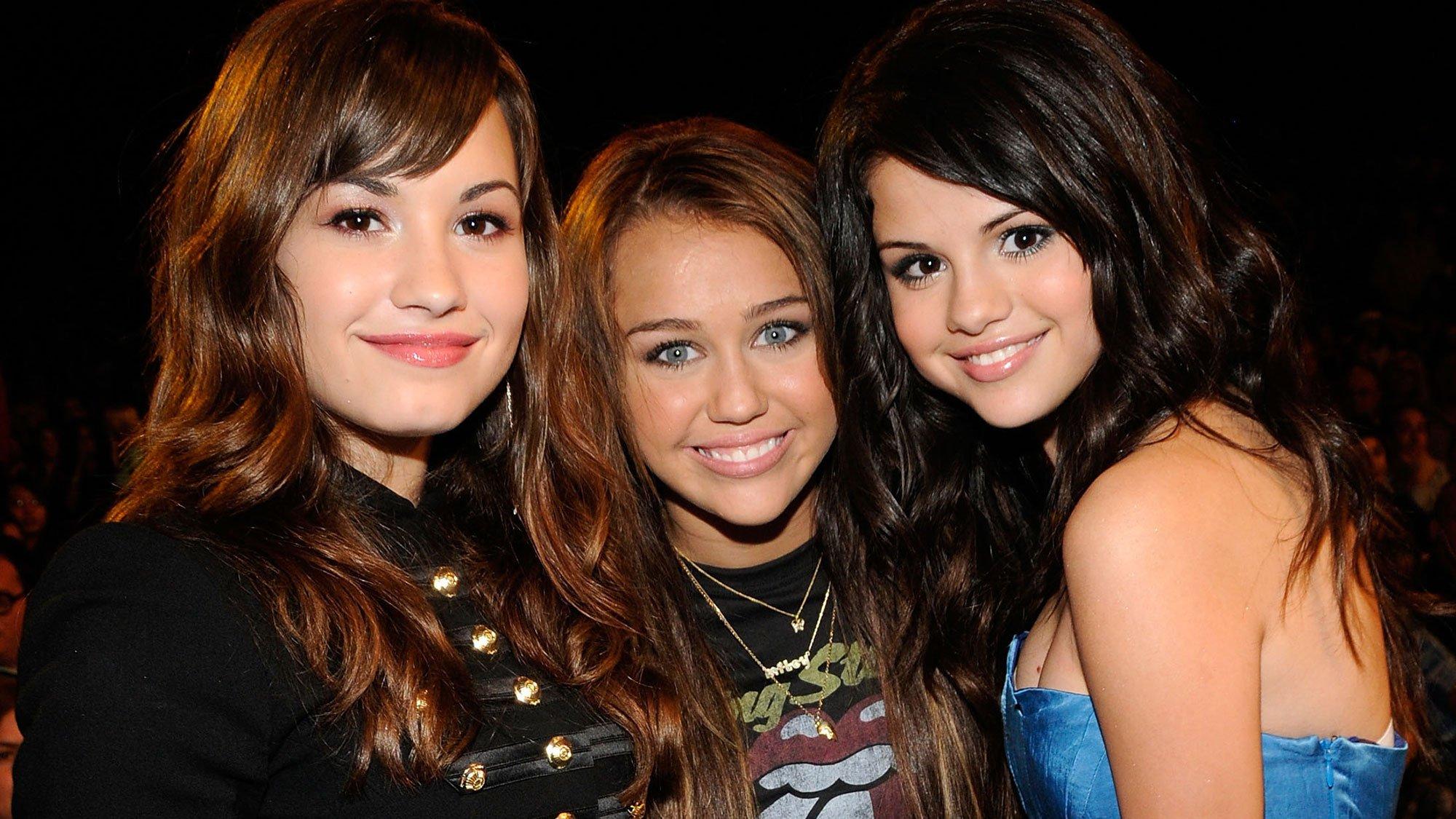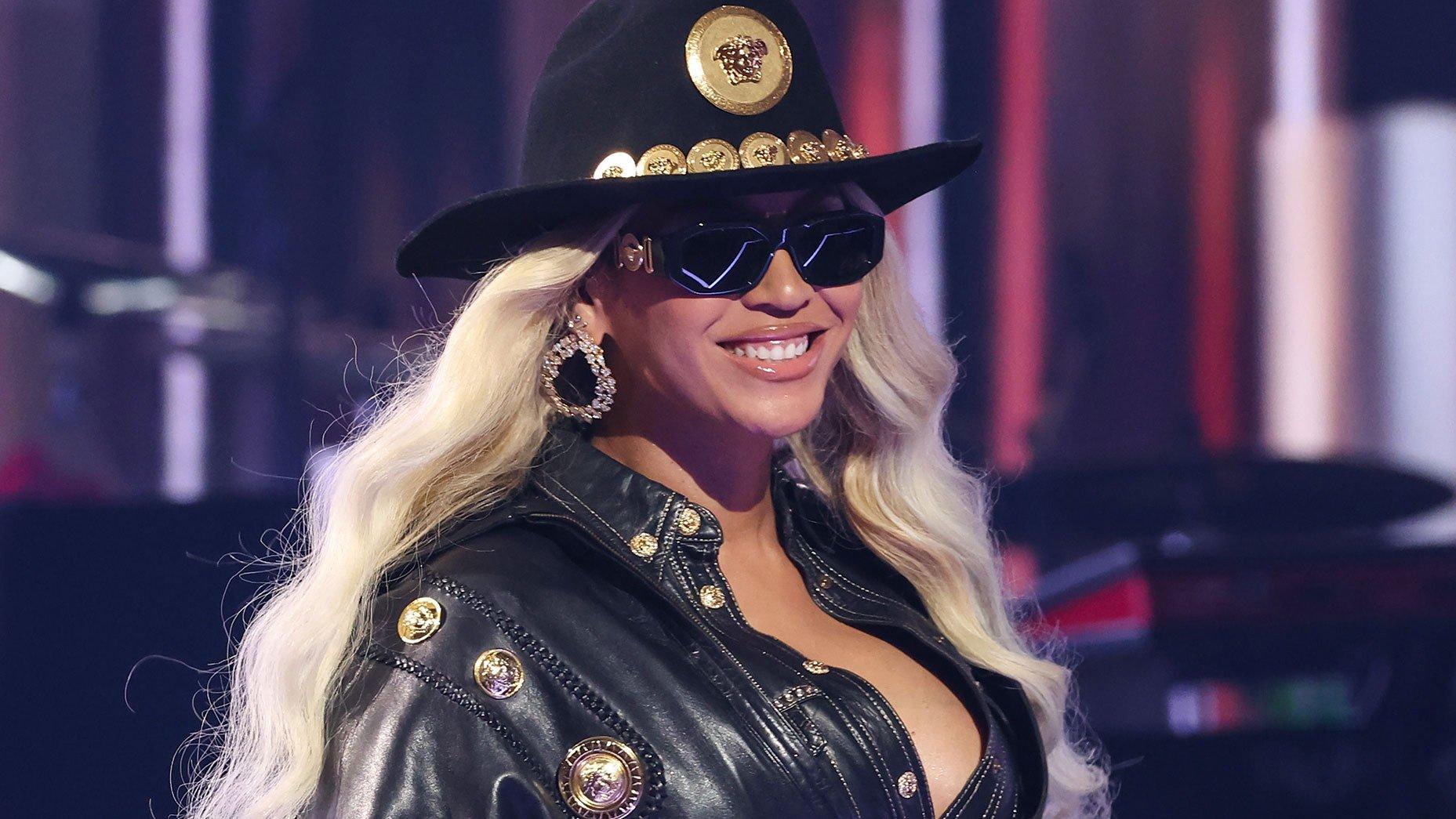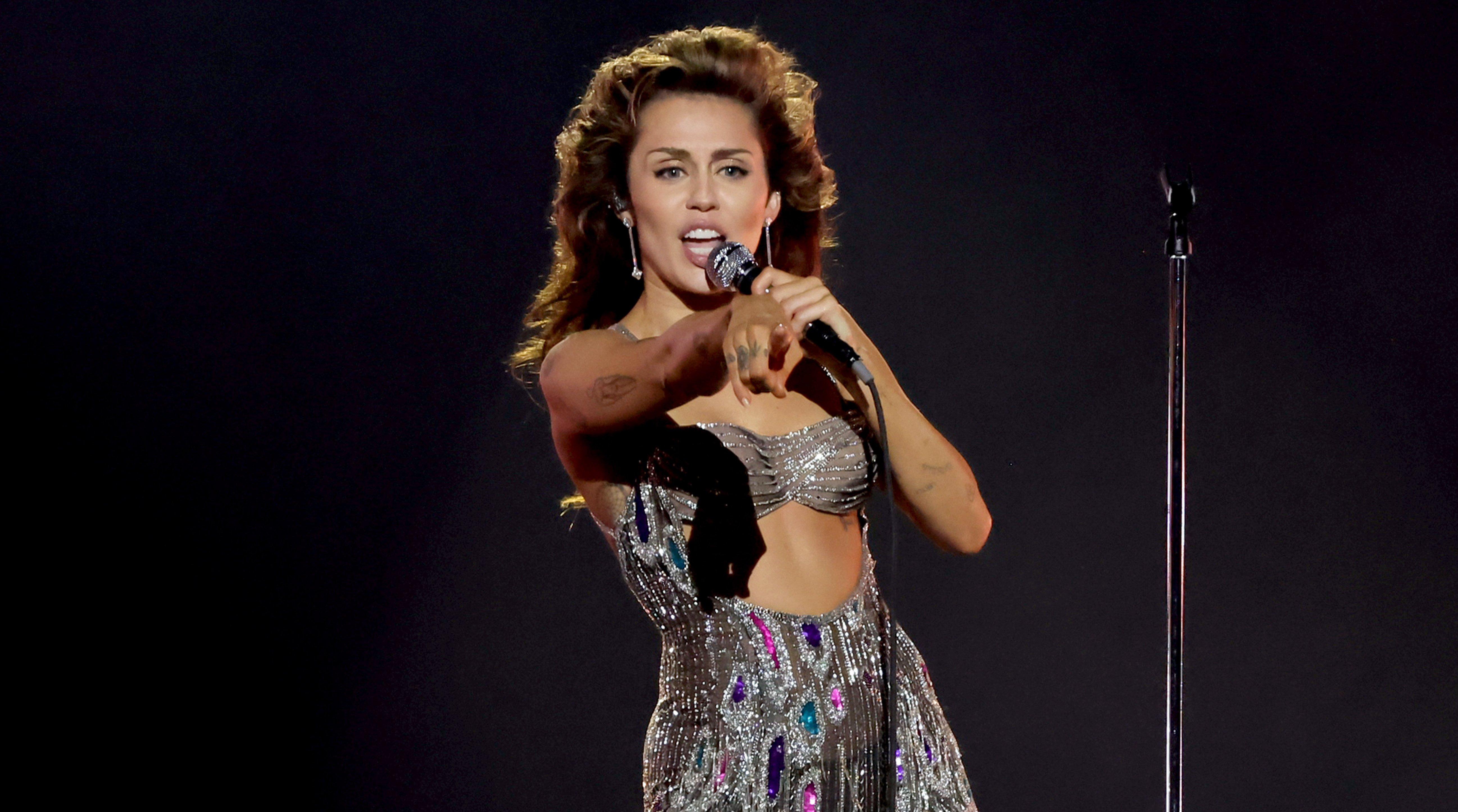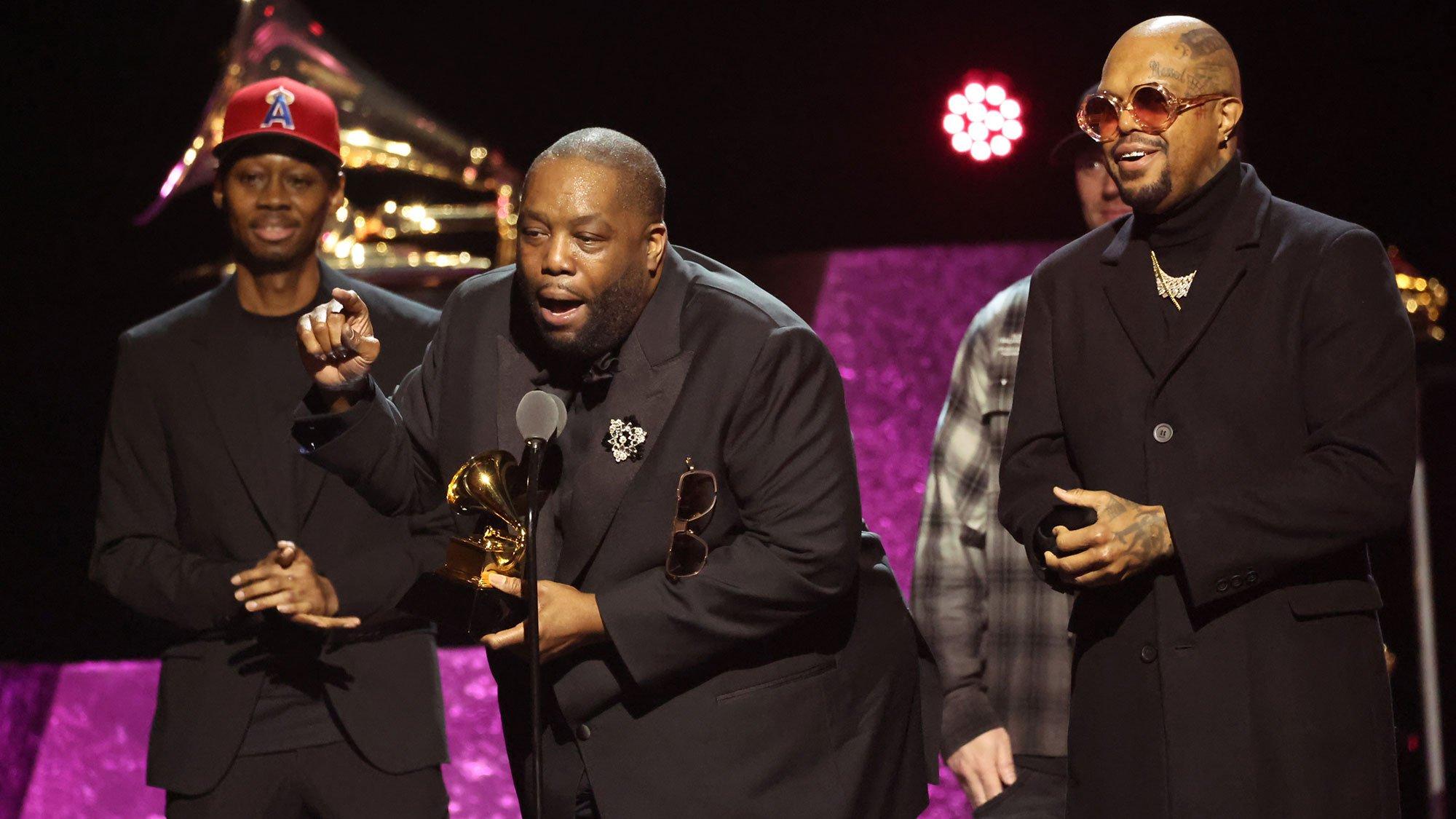(For information and educational resources on how you can protect your hearing, visit www.soundmatters.org.)
We inhabit an increasingly loud world, and not just because of the growing ambient noise emanating from cities, including busy traffic, airplanes and boisterous machinery. Concert halls and clubs are often cranking out 120 decibels or more, and movie houses, Broadway theaters and even retail outlets are inexplicably turning things up — factors that all draw attention to the critical issue of hearing health.
The issue is so important that the American Speech-Language-Hearing Association has designated May as Better Hearing and Speech Month to help raise awareness for treatment that can improve the quality of life for those who experience problems with speaking, understanding or hearing.
With the proverbial inclination to "turn it up," musicians and fans can find music is a potential culprit with regard to hearing problems, whether it's listening to the skull-piercing sounds of cranked earbuds or the sonic pummeling from amps on 10 at a thunderous rock concert. The results of continual exposure to these environments with no protection can lead to hearing loss as well as tinnitus, the often perpetual ringing in the ears that prefaces loss and, in severe cases, can disrupt sleep patterns and one's sense of equilibrium.
"Hearing loss is the number one disability in the world, and we need to attack this," says Dr. Trevi Sawalich, hearing aid specialist with the Starkey Hearing Foundation, an organization dedicated to raising the social consciousness of hearing matters through education and research.
Helping to get the message out, the GRAMMY Foundation first partnered with the Starkey Hearing Foundation three years ago with Sound Matters, a fund-raising campaign launched in conjunction with Best Buy designed to communicate the importance of hearing loss prevention among young music fans. The partnership has expanded to include the promotion of hearing wellness at additional GRAMMY Foundation programs, including GRAMMY in the Schools, and hearing workshops for music professionals offered through MusiCares.
The Starkey Hearing Foundation recently launched a new program in conjunction with recording artist Miley Cyrus, Listen Carefully, which is designed to educate young people regarding the dangers of hearing loss.
"It's about being educated and protecting yourself as much as possible because hearing aids are not just for 65 and up anymore," says Sawalich, who notes that one in five teens now suffer from hearing loss.
Veteran artist Doro Pesch, who began her career fronting the German metal band Warlock, has been rocking out for three decades. She developed tinnitus 25 years ago and did not get it fully checked out until 1993. Years of blaring music and blasting rehearsals took their toll. Pesch then got professional, specially molded musician's plugs, which eventually cut down frequencies.
"I couldn't sleep at night because the ringing was so loud. I also got headaches," says Pesch. She switched to 25-dB silicon Mack's earplugs and her tinnitus "did not get severely worse."
When Kathy Peck founded Hearing Education and Awareness for Rockers in 1988, it was the first organization of its kind dedicated to the hearing wellness of musicians. H.E.A.R. has carried out its mission by hosting free hearing screenings, running PSAs on MTV, conducting educational seminars, giving out earplugs at events such as the annual NAMM Show, and promoting short films about the topic to thousands of school districts across the United States.
Released in 2003, Listen Smart: Safely Handling The Power Of Sound, a15-minute film produced in association with H.E.A.R., was designed to educate teens about the dangers of loud concerts. The film features testimonials from recording artists Deborah Harry, Wyclef Jean, Moby, and Lars Ulrich, among others, as well as tips on hearing protection from credible professionals and information on the short-term and long-term effects of noise exposure.
Peck knows full well the damage that loud music can do, having suffered from substantial hearing loss for years and having to learn sign language to adapt. Luckily, corrective surgery improved her condition, which was partially genetic.
"H.E.A.R. is always trying to prevent hearing loss before it happens," says Peck. "It's all about technology and free screening programs. A lot of the people that come to see me are so stressed out about their hearing. It really changes how they feel. If they say they have to quit music I say, 'Don't do that because you'll depress yourself more.' There are ways to deal with hearing loss."
"I think what musicians need to know is that it's not just loud music, it's the frequencies," says GRAMMY-winning guitarist Eric Johnson, who has also suffered from hearing loss. "You can go to a concert where somebody has it crazy loud, but if it's got a roundness and a palatable EQ it's going to do far less damage than something half as loud that has a gnarly EQ." He adds that musicians and sound engineers need to be cognizant of those factors as well as sound pressure level, "which has to do with how loud something is in the contained room."
"In-ear monitors should now be used by everyone [onstage] because now you have control of what's going into your ears," says Sawalich. "When you don't use in-ear monitors, you're getting all the sound from the whole band and getting the full effect pounding into your ears, more than anyone in the audience, and you have no control over that. You can control the sound and tell the sound guys not to go above a certain dB. You have the power in your hands."
Peck has seen an improvement in the awareness of the dangers of hearing damage, but as schools face cuts to music programs, the challenge is to keep the message in the foreground.
"We give out about 20,000 earplugs every NAMM Show," says Peck. "NAMM has done a lot to promote music in schools and getting instruments into kids' hands, so now I'm trying to add hearing to the conversation. I would love for hearing conservation to be taught at every music school, or every school."
Education about hearing issues is key to changing people's attitudes about preventing hearing loss. Sawalich says the stigma over hearing aids is lessening now since much smaller, subtler and more technologically advanced "corrective devices," some even with wireless phone and TV capabilities, are helping musicians with hearing loss adapt better to loud social situations. And musicians' positive influence could persuade their fans to learn about how they can protect their own hearing.
"There are many different reasons for hearing loss," says Sawalich. "The one thing we have control over is what we put into our ears — the iPods, the concerts, the shows. This is something we have control over, and we need to start getting the awareness out there about doing what we can as listeners and performers."
As awareness on the issue of hearing health increases, perhaps someday shouting, "Turn it down!" when faced with a wall of noise will actually be cool.
(Bryan Reesman is a New York-based freelance writer.)




